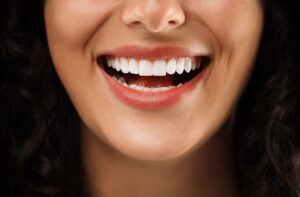How do I take care of my toddler’s teeth?
Dental problems in infancy and toddlerhood can impact a child’s oral care journey for the rest of his or her life. The best way to start your child down the right path is to establish healthy oral care habits even before their first teeth come in. This will help prevent dental issues for your infant and will benefit him or her in the long term. Let’s look at two of the major dental issues that can affect toddlers teeth and oral health – and how to avoid them.
Why Baby Bottle Feeders are a Concern?
Continuous sipping of milk, juice or any sugary liquid can put your baby’s tiny teeth in a very acidic – and cavity-friendly environment. The liquid pools around the teeth which allows bacteria to multiply faster and also produce acids. As a result yellow spot or lines may start to form on the teeth. Check your baby’s teeth regularly. If you spot them then that is the initial stage of tooth decay. Schedule an appointment with your family dentist in Anchorage as soon as possible.
Remedy: before bedtime, be sure to brush your toddler’s teeth with a gentle brush. If you put your child to bed with a bottle, make sure it only holds water. Even if your baby doesn’t have any teeth, wipe the gums with a washcloth to remove bacteria after each meal.
What are the concerns related to cavities in your baby’s teeth?
Cavities (dental caries) form when bacteria start feasting on the tooth’s enamel ultimately causing a hole in the tooth that can grow bigger and deeper over time. A cavity is a serious problem and shouldn’t be ignored in baby teeth. Most parents think that baby teeth are temporary and would fall off eventually, so their treatment is unnecessary. However, primary teeth or the milk teeth not only hold the space for permanent teeth, but the decay can transfer from the primary teeth down to the permanent teeth that are waiting below.
If you see a chalky white or brown spot on your toddler’s teeth, visit a family dentist for evaluation.
Remedy: Brush your little one’s teeth twice a day, especially before bedtime. Overnight, bacteria get more time to do their dirty work, so don’t skip good oral hygiene practices. It may be easier for you and your child if you turn the tooth brushing activity into a game. Your child will enjoy this healthy habit and will help ease your stress.






